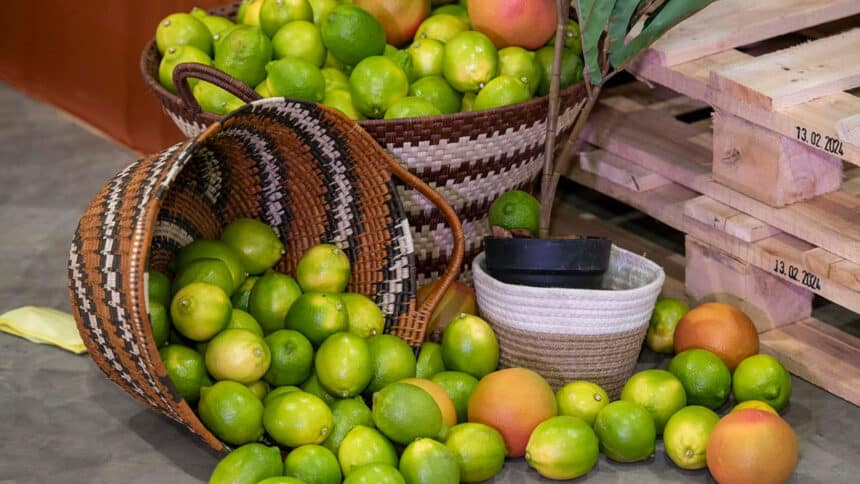After two-and-a-half relatively successful years, the list of forbidden fruits and vegetables barred from entering the country is set for a few new additions.
Enforced in January 2022, the ban on importing fresh produce initially included 19 horticulture items, including favourites such as: potatoes, tomatoes, carrots, onions and watermelon.
With the move bearing fruits, both in terms of saving money on the import bill as well as empowering local farmers, the Ministry of Agriculture Development and Food Security saw fit to double the ban from two years to four, extending it till the end of 2025.
Now, Minister Fidelis Molao has revealed that, come July, more fruit and veg will be added to the list.

Although Molao gave no clue as to what the add-ons might include, due to a promising first harvest of the Selebi Phikwe Citrus Project earlier this year, speculation is that oranges and lemons will be added to the list.
Speaking in a panel discussion at the Hospitality and Tourism Association of Botswana (HATAB) annual conference in Maun last week, Minister Molao said since the ban’s introduction, the country has saved millions.
“Through these restrictions, the import bill on horticultural products was reduced by 71 percent, from P634 million in 2018 to P186 million by 2023,” he highlighted.
The ban has seen similar strides made on the amount of produce being grown in Botswana.
“From 67, 612 tonnes in production in 2021 we are now reporting 86, 260.20 tonnes as at 2023, which translates to 21.6 percent growth in terms of what Batswana are able to produce and are able to take to the market,” outlined Molao.
Despite this progress, the Minister admitted there is still a long way to go to cover the demand.
He called on the tourism industry to come on board and support the local market, especially small scale farmers, so they can grow and produce high end products.
“We are not oblivious of the challenges, in terms of short supply, capacitating of our people to meet the demand of an industry such as this one. Our clarion call as government is that we must come together. We want to see the industry coming to the table to say how do we work together, how do we work hand-in-hand with government in the communities within which we operate, capacitate them to sell for us, so they give us the quality that we want.”
Molao is confident there is money to be made by locals venturing into farming, from small scale farmers all the way to large scale famers.
“So, if we come together and not butt heads but work hand-in-hand, we will close this gap and make Batswana rich in their own country through these initiatives,” he assured the audience.
According to Molao, for the on-going financial year, government has set aside P250 million to set up a collection centre for horticultural produce to be correctly stored and preserved.
In March, a cold storage was opened in the border village of Sherwood in Tswapong, a development the Agriculture boss described as a big investment. Molao further noted it presented a business opportunity as there is need for similar facilities to be opened elsewhere in the country.
“It is evident that stored properly you can store your produce up to a period of eight months and you can still get them at good quality.”
FULL LIST OF BANNED VEGGIES:
Tomatoes, carrots, beetroot, potatoes, cabbage, lettuce, garlic, onions, ginger, turmeric, chili peppers, butternut, watermelon, sweet peppers, green mealie, fresh herbs, rape, choumoellier, and strawberries.














